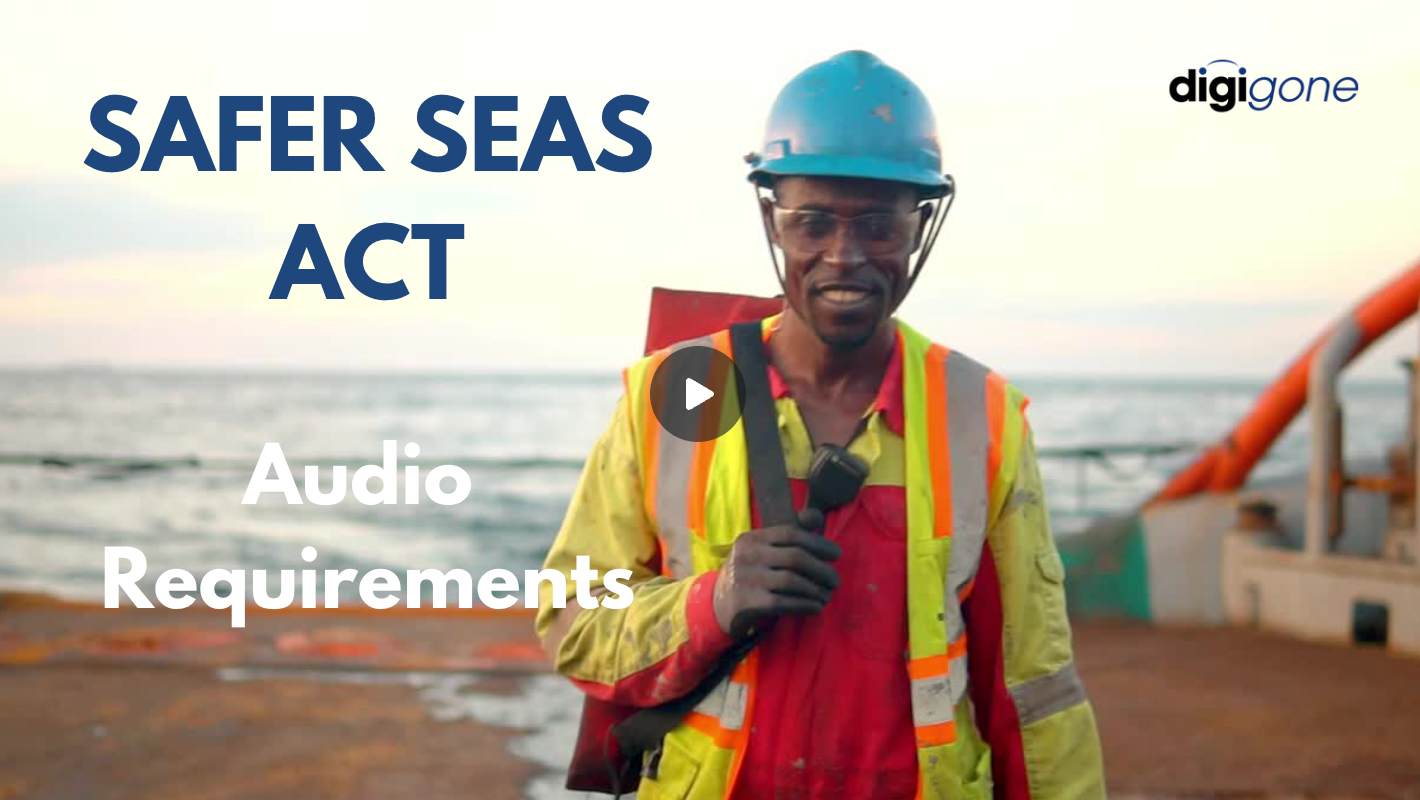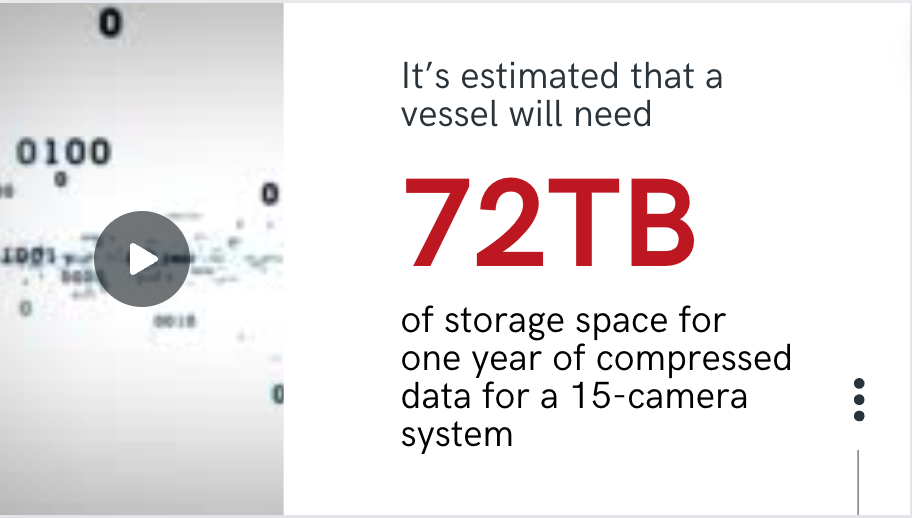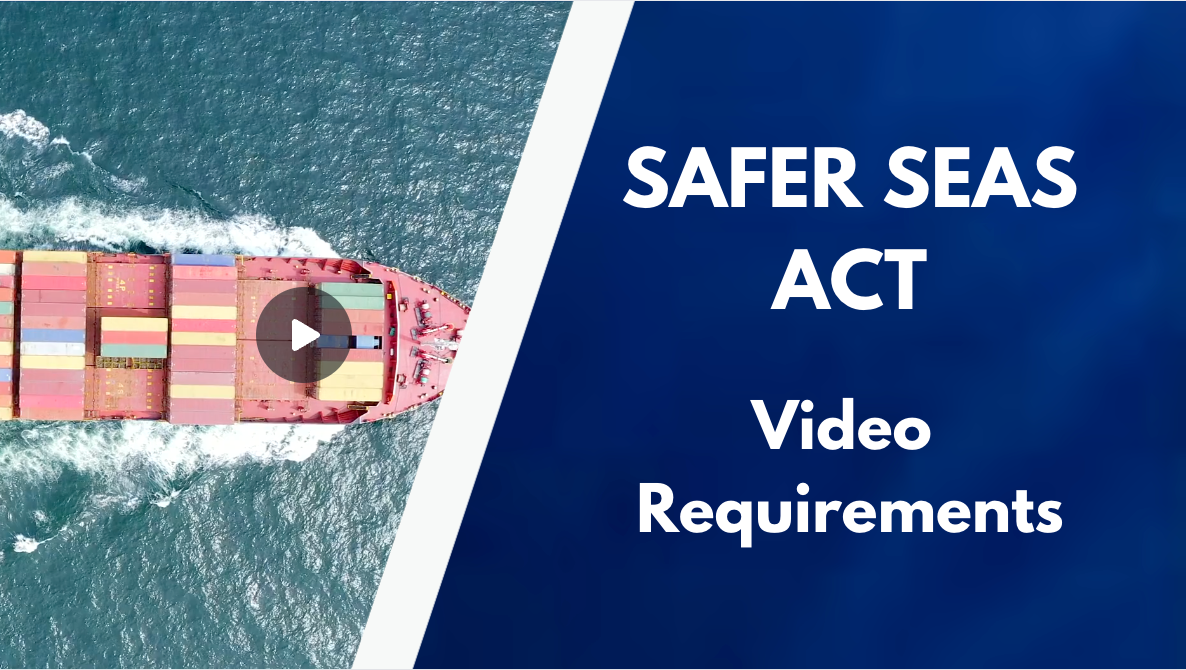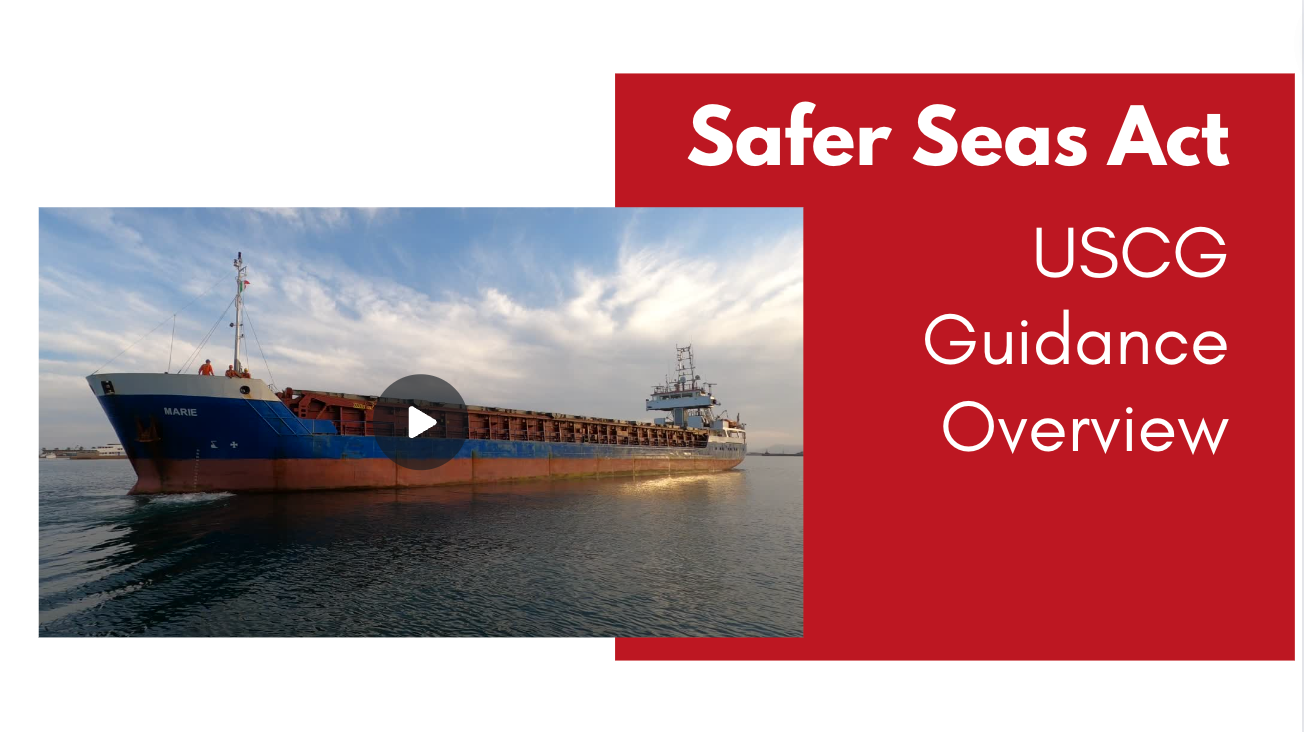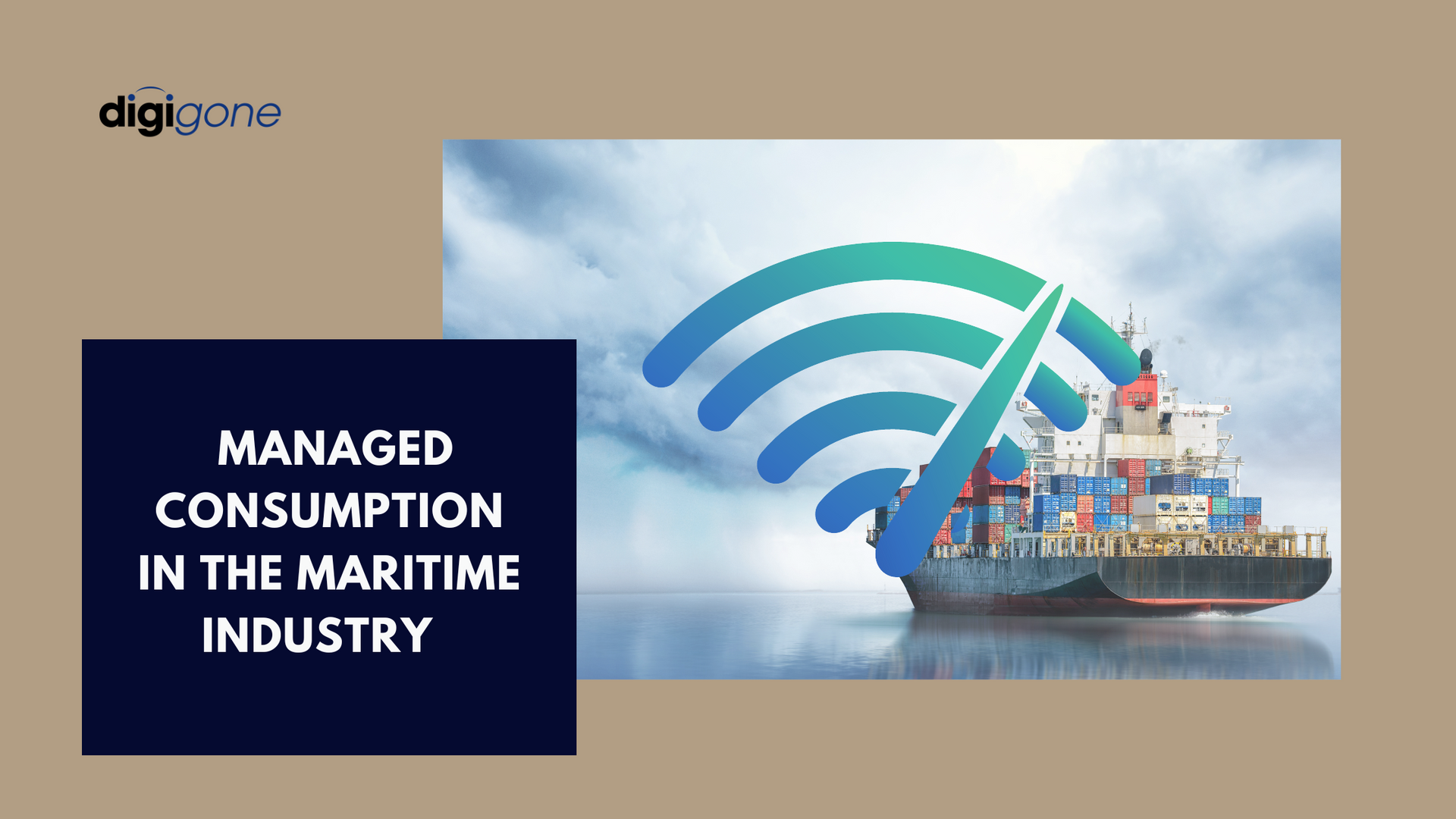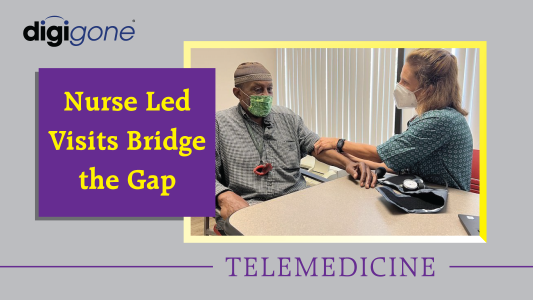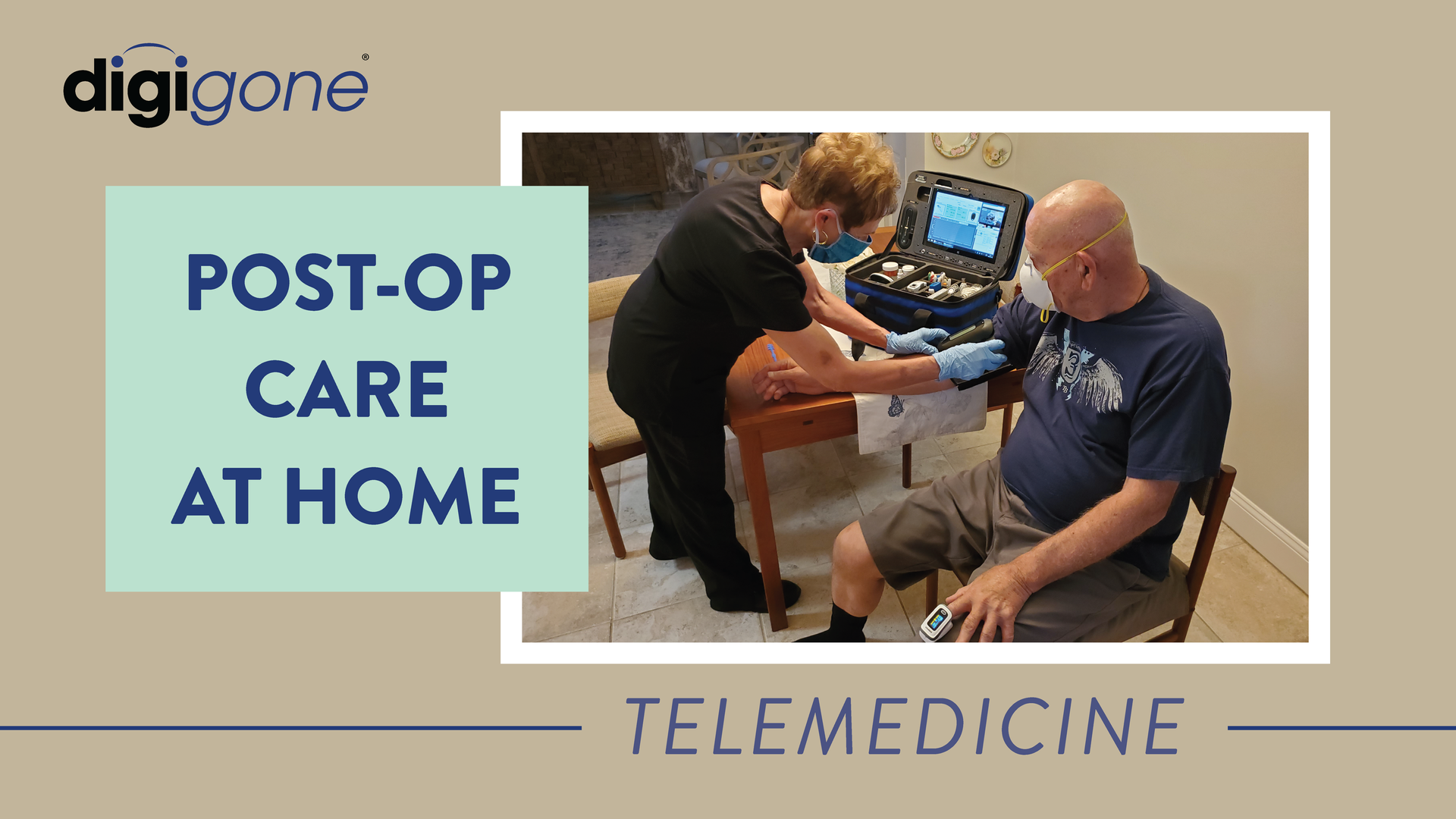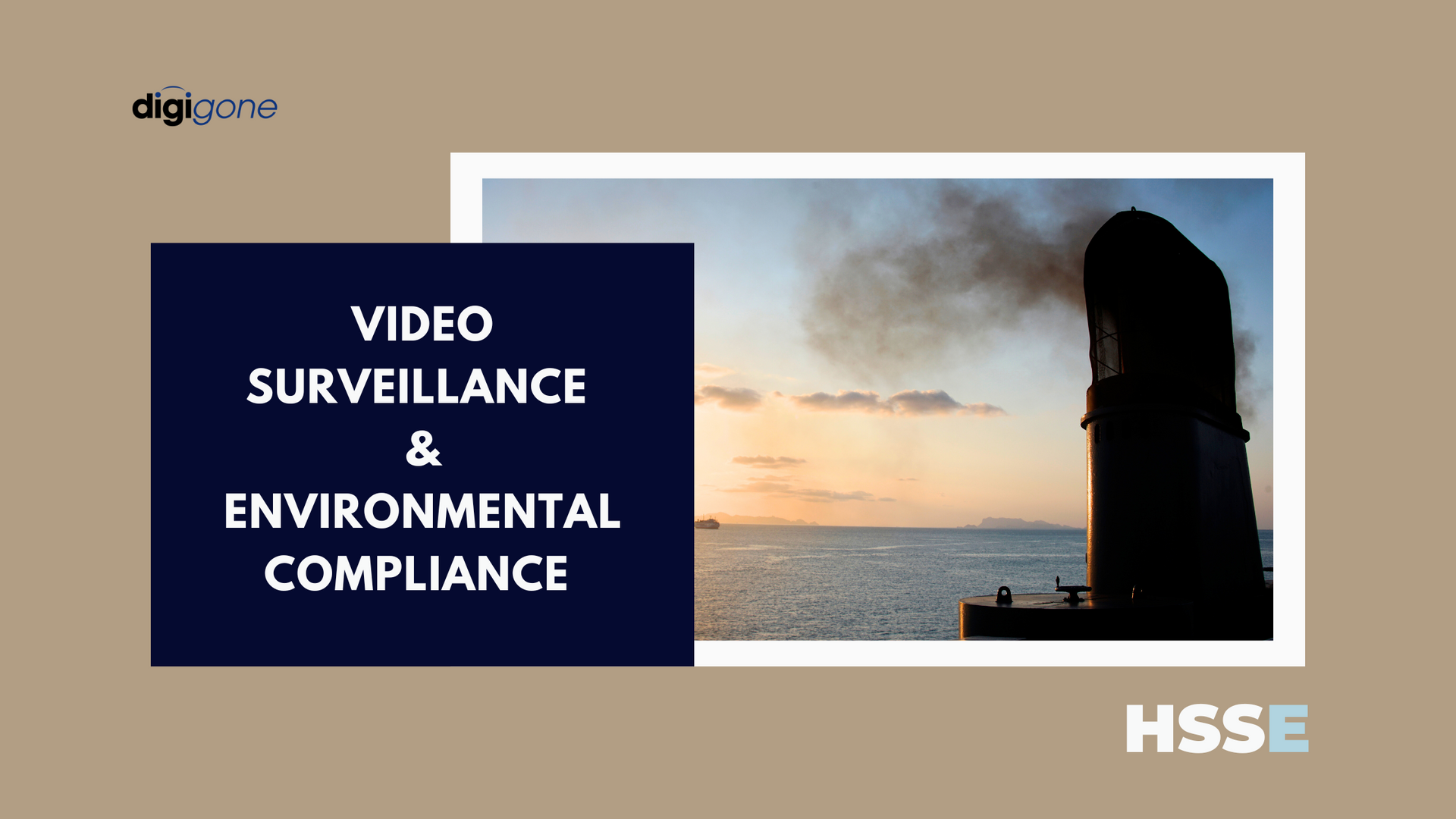Is Maritime Telemedicine on the Way to Becoming Mandatory?
Late last year, Martyn Wingrove of Riveria Maritime Media reported that the commercial maritime industry is making moves towards adopting telemedicine as a requirement aboard commercial vessels. Wingrove argued in favor of the rights of shipboard workers to have access to the timely, life-saving care that maritime telemedicine provides, and pointed to recent developments that suggest this legislation is not far off.
Wingrove notes in his article that the International Labour Organization (ILO) member states adopted telemedicine as early as 2006, but actual implementation has been slow to roll out. Private firms and research organizations that deploy vessels for months at a time have also seen success with adopting maritime telemedicine kits for their crew and staff. In Alaska, fishing operations of all sizes have equipped their vessels with mobile telemedicine to shield themselves against some of the roughest ocean conditions in the world. In a climate where hypothermia can happen in minutes and frostbite can cause lost limbs, access to immediate care is rightfully deemed essential. In the fishing industry in any country, an unscheduled port visit can significantly impact the seasonal revenue of that vessel. The lost work time for the whole crew cannot be recouped when work is seasonal and access to fishing grounds are restricted by government regulations. A single vessel out of commission can be a major loss to a small or medium size fleet.
Wingrove argues that the first step to ensuring the widespread adoption of maritime telemedicine would be to include it as a right in the Maritime Labour Convention (MLC) charter. This would represent a major shift in thinking on telemedicine, and would likely increase both demand for telemedicine kits and the cost of individual units.
So how can you get ahead of the curve? As a maritime operator, outfitting your vessels with telemedicine kits is a considerable investment, but even a single incident aboard a ship can recoup the cost of one or more kits if using it avoids a medevac or a re-route to shore. It has also been shown that telemedicine kits have a beneficial effect on crew morale and stress levels.
Additionally, through encrypted video conferencing, which should be a standard with any telemedicine kit, private remote counselling sessions can be provided, which have been proven to be very beneficial. This could reduce the number of accidents in the long term and contribute to a more productive crew. In situations where vessels are at sea for weeks or months at a time, this investment in both physical and mental health can reduce the high turnout rate that many maritime companies face. If your workforce includes highly skilled workers who are both highly paid and hard to recruit, the money invested in telemedicine might be recouped in savings on recruiting efforts alone.
Investing in telemedicine just makes sense. A proactive approach to medical care may save the life of one of your employees, and that is priceless.
Sources:
https://www.marinemec.com/news/view,telemedicine-should-be-mandatory-on-ships_55966.htm
https://mhealthintelligence.com/news/alaskas-maritime-industry-looks-to-telemedicine-to-save-lives

